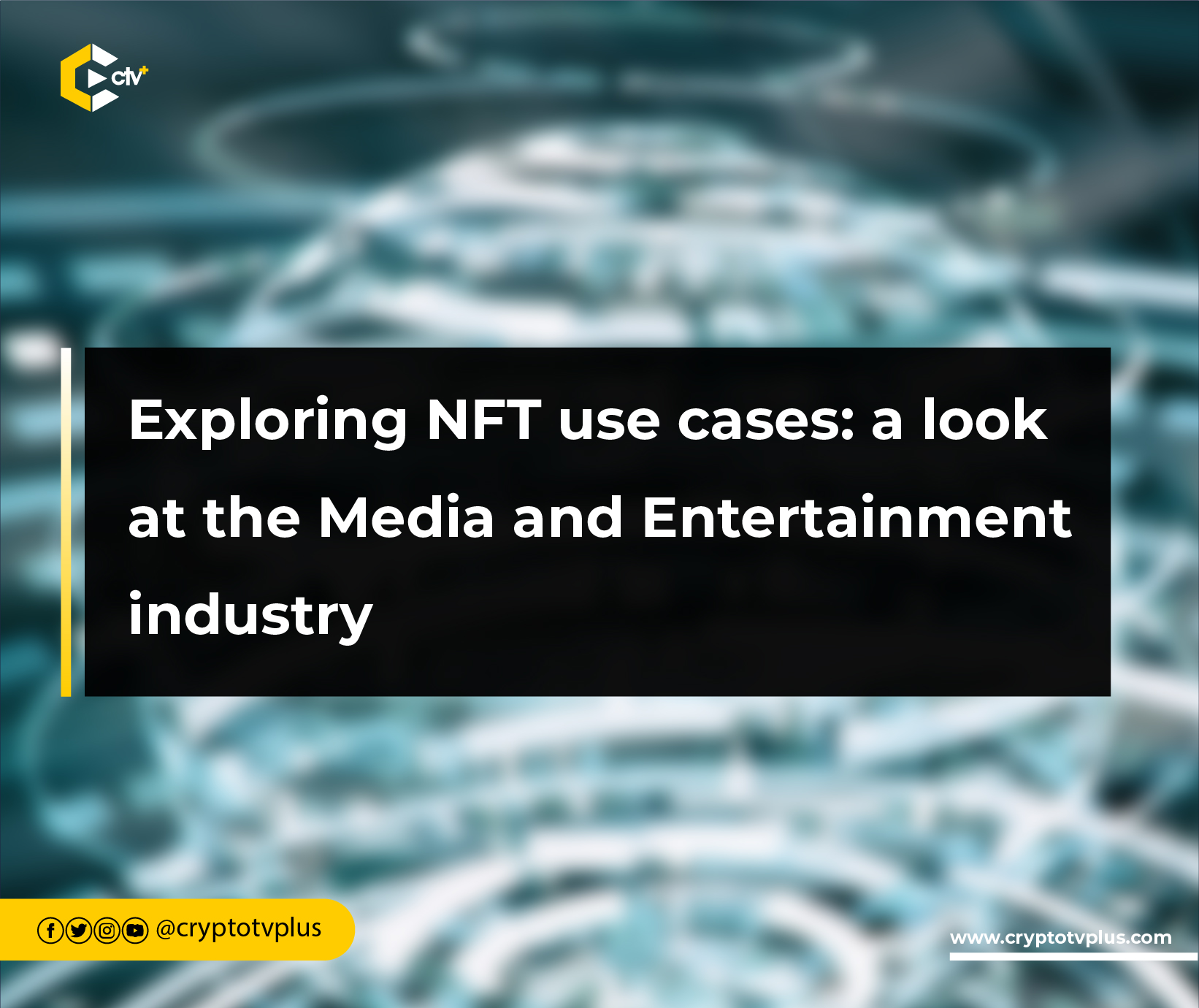FEATURED
Exploring NFT use cases: a look at the Media and Entertainment industry

In recent times, the media and entertainment industries have been at the forefront of exploring the potential of Non-Fungible Tokens (NFTs) in various innovative ways.
NFTs, which are unique digital assets that are gaining widespread popularity, have found application in different aspects of the industry.
According to the World Economic Forum, one of the most common uses of NFTs in this industry is as digital collectibles that serve as event memorabilia.
Here, companies create NFTs with limited editions for fans to access popular movies, TV shows, or live events. These NFTs create both revenue and fan engagement.
For example, Warner Bros. partnered with Eluvio to release 11,000 “Lord of the Rings” NFTs on Movieverse. Time magazine also auctioned iconic covers on SuperRare, making about $400,000.
The WEF added that NFTs are now used to strengthen fan engagement and loyalty. They create exclusive NFTs related to beloved characters, scenes, artists, songs, or movies.
Examples include NBC Universal’s NFT game promoting a Nicolas Cage film and Netflix’s NFT initiatives for “Stranger Things” and “Love, Death, and Robots.”
The third use case it highlighted is royalties for funding and building ownership models. NFT integration is transforming ownership and funding models for artists.
This allows artists to fund their work by selling digital assets they create, and fans can acquire digital ownership in return.
The “Royal” marketplace, co-founded by 3LAU and Opendoor’s Justin Ross, which allows users to own portions of song or album streaming rights and earn royalties as the music is played digitally, is an example.
This concept received $55 million in funding from Coinbase Ventures and other musicians.
Lessons learned
WEF said that NFTs have proven to strengthen customer engagement by creating more connected fan experiences in the media industry.
Companies are leveraging fans’ emotional connections with their favorite artists, characters, or shows to develop new products and specific content, such as collectibles and special editions, powered by NFTs.
Another feedback from the use of NFTs in the media space is that they have the potential to challenge traditional funding and ownership models in the future.
Blockchain technology enables direct interaction between artists and fans, allowing artists to fund their work by selling tokens representing digital assets. Fans can support artists and earn royalties.
It said that “Although still in the early stages and subject to additional intellectual property rights and regulatory clearance clarifications, marketplaces could become strong players in the industry.”
Finally, the WEF revealed that media players are conducting small-scale pilot projects to understand the true potential of NFTs and the needs of customers.
Some projects have succeeded, while others have faced challenges. Industry experts emphasize the importance of NFTs providing clear value to gain mass adoption because “despite the efforts, projects have registered low endorsements overall due to the lack of value linked to the NFT.”
In conclusion, NFTs are reshaping the media and entertainment industry by creating innovative use cases that engage fans, challenge traditional models, and drive experimentation.
Read also; The promising future of NFT Ticketing: lessons from the WEF

























1 Comment